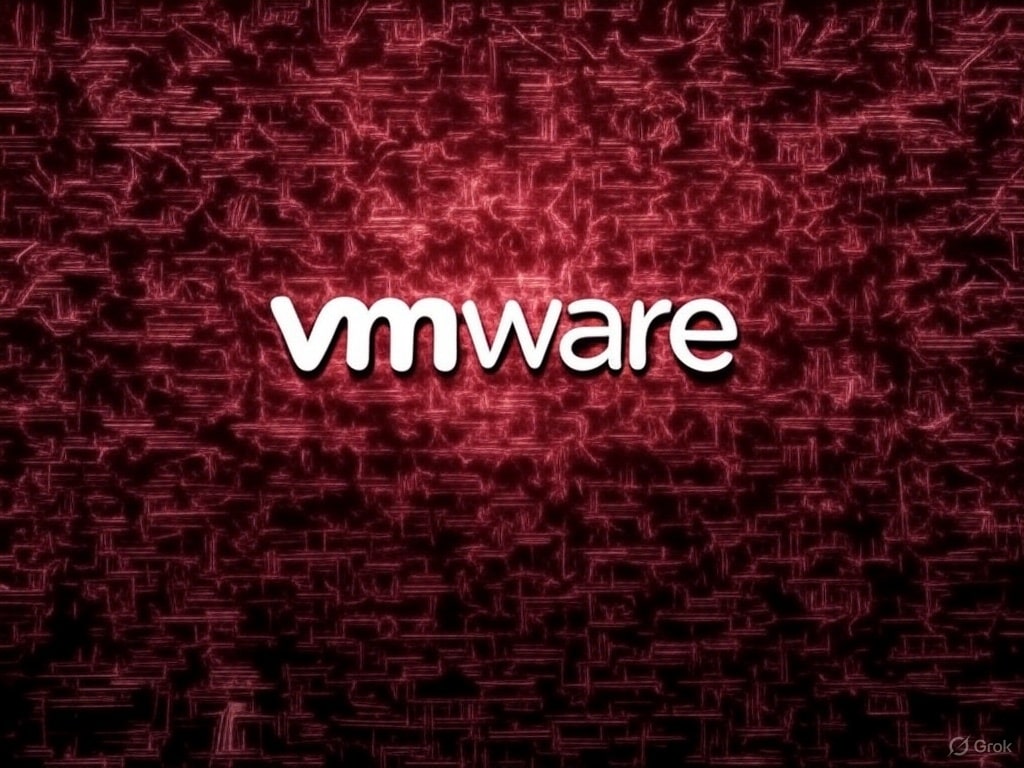Broadcom’s post-acquisition strategy for VMware marks a turning point in enterprise virtualization. Cease-and-desist letters sent to perpetual license holders with expired support contracts are raising alarm across the IT infrastructure world.
Since Broadcom finalized its $69 billion acquisition of VMware in late 2023, the virtualization landscape has been anything but calm. The company’s aggressive pivot from perpetual licensing to bundled subscriptions—often at significantly higher costs—has caused friction with longtime customers. Now, Broadcom has escalated matters further: administrators and businesses holding legacy perpetual licenses are receiving cease-and-desist letters ordering them to stop using updates issued after their support contracts expired.
Legal Letters and Compliance Demands
According to documentation reviewed by Ars Technica, Broadcom is issuing formal letters signed by its managing director, Michael Brown, stating that customers must “immediately remove/deinstall” any updates—including minor or major releases, patches, enhancements, and bug fixes—issued after the expiration of their support agreements.
The language used is direct and unequivocal:
“Any such use of support past the expiration date constitutes a material breach of the agreement with VMware and an infringement of VMware’s intellectual property rights, potentially resulting in claims for enhanced damages and attorneys’ fees.”
These letters also warn that failure to comply may trigger audits under VMware’s licensing terms. Customers are expected to self-report compliance or face legal scrutiny.
What’s the Real Risk?
Even customers who haven’t applied any patches post-expiration—or have already migrated off VMware—report receiving such letters. In one case, a customer of Canadian MSP Members IT Group received a cease-and-desist just six days after their support agreement expired, despite not applying any updates.
This has prompted concern that Broadcom’s enforcement is being applied broadly, perhaps even automatically, to all accounts with recently expired contracts.
For administrators, this introduces several critical risks:
- Legal Exposure: Running updated software without valid support could now be considered IP infringement.
- Operational Constraints: Administrators may be unable to patch vulnerabilities or implement critical updates without renewing at inflated costs.
- Audit and Compliance Risks: The potential for post-expiration audits could lead to unexpected legal or financial liability.
Strategic Implications for IT Teams
Broadcom’s message is clear: legacy perpetual licensing is no longer sustainable in its new VMware ecosystem. The intent is to push all customers toward its subscription model, which for many represents a significant budget increase.
System administrators, particularly in SMBs and mid-market enterprises, now face a stark choice:
- Pay 2x to 3x more for the new subscription tiers,
- Freeze their environments with unsupported versions,
- Or begin evaluating and migrating to alternatives.
Recommended Actions for Sysadmins and IT Leads
If your organization still relies on perpetual VMware licenses, here’s what you should do immediately:
1. Perform a Software Audit
- Identify all VMware components in use.
- Log which versions and patch levels are deployed.
- Confirm whether any post-support updates were applied.
2. Assess Legal Position
- Review existing EULAs and contracts.
- Consult legal counsel if any updates were deployed after support expiration.
3. Evaluate Migration Options
- Launch pilot environments for alternative hypervisors:
- Proxmox VE
- XCP-ng
- Harvester HCI
- OpenStack KVM
- Nutanix AHV (for mid to large enterprises)
4. Educate Internal Teams
- Ensure that operations teams understand the legal constraints.
- Disable any automated update mechanisms that could lead to inadvertent violations.
Industry Fallout and Customer Sentiment
The letters are not an isolated tactic. Broadcom previously engaged in legal disputes with customers such as AT&T and Siemens over licensing and support renewal rights. These disputes further signal Broadcom’s intent to centralize licensing and restrict legacy paths.
Industry observers note that this aggressive enforcement may alienate a portion of VMware’s traditional user base. Online forums and tech communities reflect growing mistrust toward Broadcom’s stewardship of VMware, with many users labeling the move as a betrayal of long-standing enterprise IT norms.
Dean Colpitts, CTO at Members IT Group, voiced his frustration:
“The fact that Broadcom retains the right to audit, even post-contract, is outrageous. And the software’s self-reporting mechanism has no built-in integrity checks—anyone could tamper with it if they wanted to. It’s a compliance trap.”
A Shift Toward Open Virtualization?
In response, some enterprises are fast-tracking migration to open-source platforms, particularly Proxmox and XCP-ng, which offer solid alternatives for virtual machine orchestration with enterprise support options.
Larger organizations are exploring vendor-neutral infrastructures and container-native strategies as a hedge against future vendor lock-in.
Conclusion: A New Era in Virtualization Governance
With these letters, Broadcom has redrawn the boundaries of what perpetual licensing means. While the legal foundation may be valid, the operational and ethical implications of targeting long-time users with legal threats could tarnish VMware’s reputation irreparably.
Administrators must now treat VMware as a subscription-first, vendor-enforced ecosystem with strict compliance expectations. For many, this moment marks not just a contractual shift—but a philosophical one: from trusted platform to risky liability.
The era of default reliance on VMware may be ending. And in its place, a new wave of virtualization diversification is just beginning.
Sources: Revista Cloud and ARStechnica

